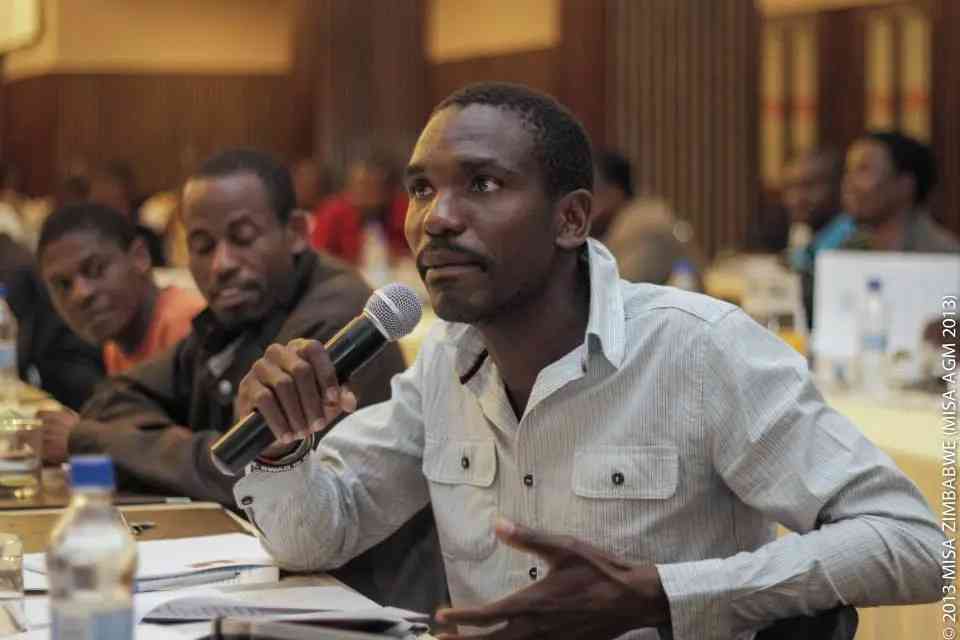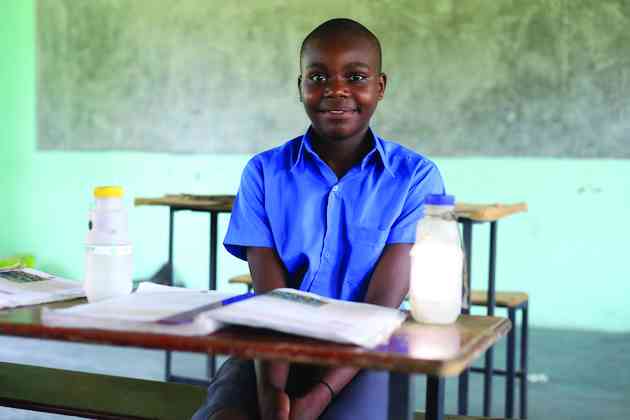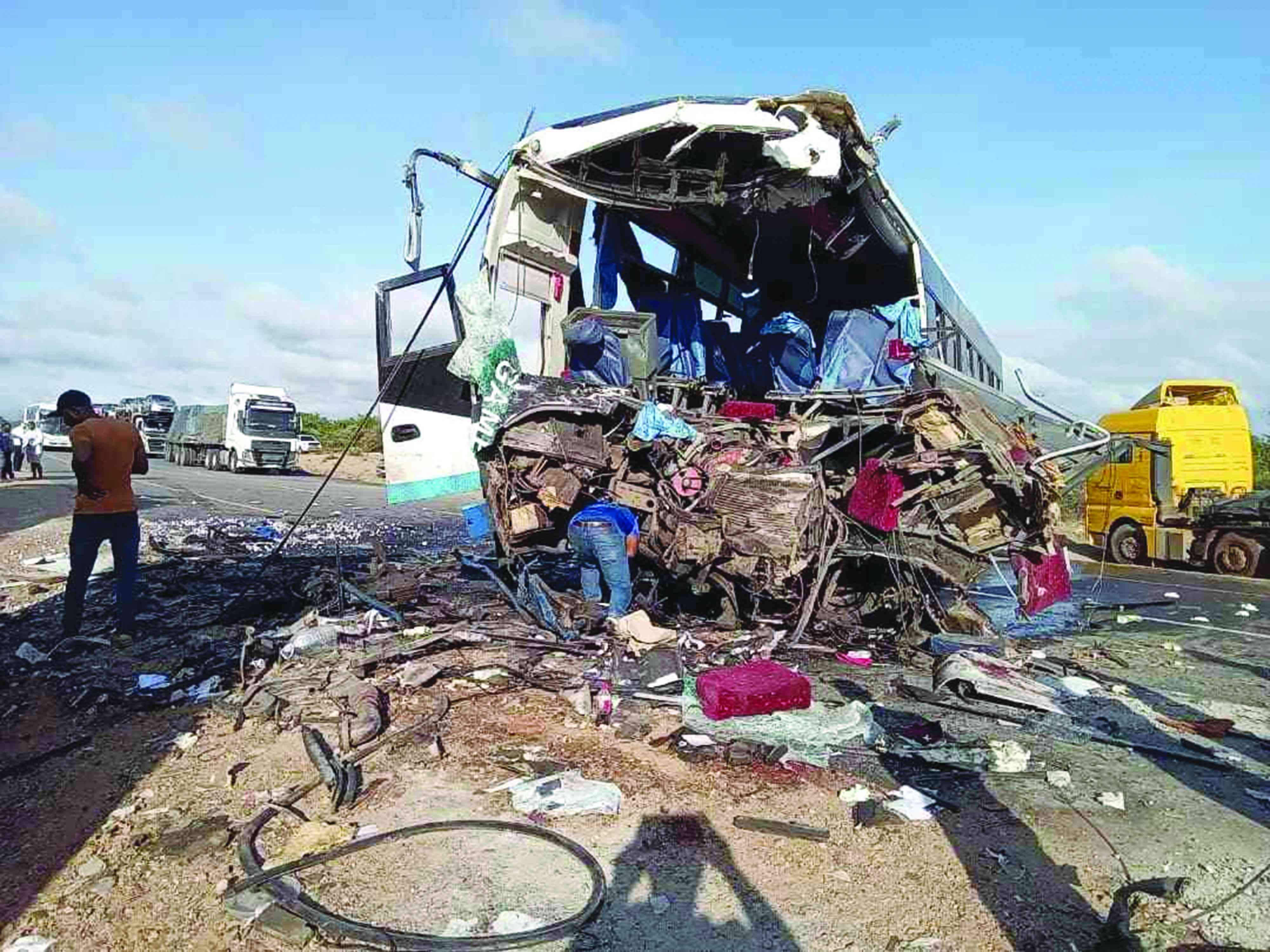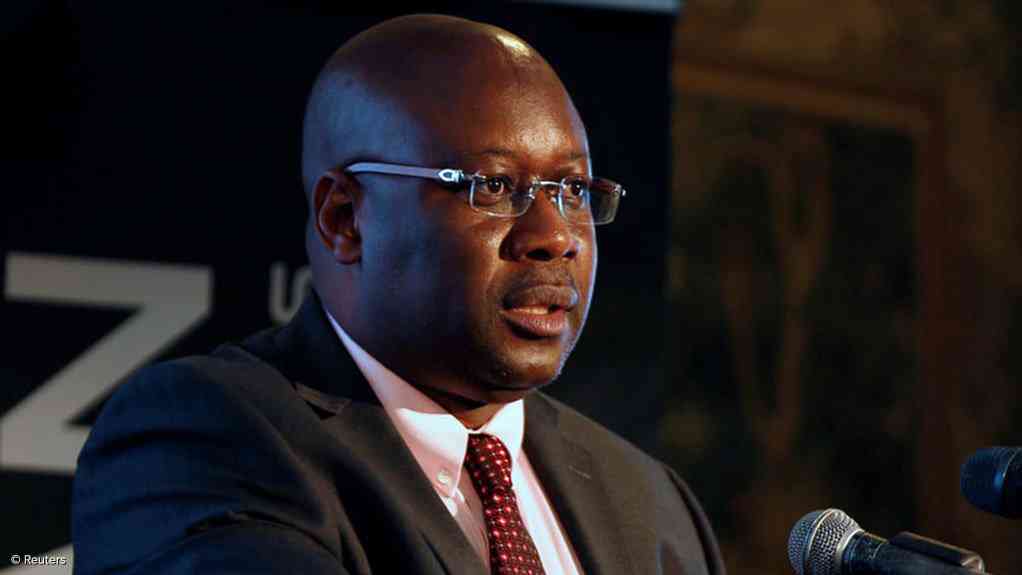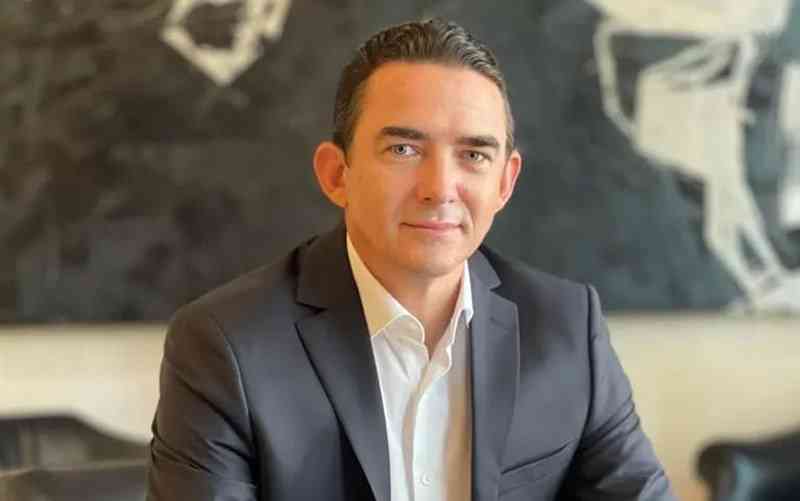
ON the sidelines of the CEO Africa Roundtable annual conference in Victoria Falls last week, our Senior Business Reporter Tatira Zwinoira took the opportunity to speak to property mogul, Ken Sharpe (KS) about his investments in Zimbabwe, and his life as an entrepreneur. Here is how their discussion turned out…
TZ: Thank you for giving us this opportunity. Who is Ken Sharpe?
KS: Ken Sharpe was born in Zimbabwe. Coming from humble beginnings, I grew up in Harare and Bulawayo. When I was born at St Annes Hospital, my aunt was working at Jameson Hotel. My uncle, her husband, was general manager at the hotel. On the day I was born, my father insisted that my mother go back to the mine that same day.
TZ: Tell us about this mine
KS: It was near Mazowe. There was no house because my father had not yet built one. We were living inside mud walls and a grass roof. My mother cooked using firewood. So, my aunt said no! you cannot take a baby there. You have to keep him until he is stronger. So, I was brought into the hotel suite. My uncle lived at the top of Jameson Hotel. I spent the first few weeks in that hotel. I guess I got used to comfort because in my later years, I like luxury, I like comfort. This is why one of my visions is to bring luxury lifestyles through West Properties.
TZ: It means Jameson gave you a luxurious start to life?
KS: I must say, firstly I am a man of God. I put God first in my life before anything else. I am a husband. My wife comes next after God. Ken Sharpe is a father to my daughter. Ken Sharpe is a son to my mother and my late father. Ken Sharpe is a brother to my brothers and sisters. Ken Sharpe is a friend to those who know him.
TZ: At what point did you venture into business?
- Tarakinyu, Mhandu triumph at Victoria Falls marathon
- Andrea The Vocalist, dreams big
- All set for the 2022 Econet Victoria Falls Marathon
- Econet Victoria Falls Marathon return a boon for tourism
Keep Reading
KS: I was 17 years old. I fell in love with this woman that I saw in a restaurant. I didn't know where she was from. I later found out she was from the Soviet Union. This was in 1991. Soviet Russia had not yet opened up; it was a closed country. It was still Communist Russia. She was passing through Harare. I had been living in England, and I was also on holiday here.
TZ: What was your next move?
KS: I got someone who spoke Russian to translate. I tried to chat her up, and she wasn't really interested in me. She left Harare for South Africa, and I followed her there. When I arrived in South Africa, she then took me seriously, you know. So, after talking to her for a few days, she left for the Soviet Union, to Ukraine, where she is from. All I had was a phone number and her town. I flew to Moscow to look for her.
TZ: That was extraordinary determination.
KS: A few weeks later, I sold everything I owned. My father didn't want to help me. He kind of disowned me over this. On arrival, I found she was nowhere near Moscow. I had to fly to Kyiv in Ukraine. In Kyiv, I ran out of money. To cut a long story short, I eventually met her family and I persuaded her mother to let her come and start a life in Africa with me. As an 18-year-old kid, I had to go into business to start making money to provide for this future bride. That's what got me into business.
TZ: That's interesting.
KS: It's difficult, you know, everything seems easy until you try. Most businesses fail. Between 60% and 80% of businesses fail, depending on where you're from. So, a lot of people don't want to take that chance. If you have got a 60% to 80% chance of failing, it is not easy. Zimbabwe has been a very difficult environment for the last three decades. This is where I have been, you know, working for the last three decades. In a few months, I will be 50 years old. So, for most of my adult life, I have been in business. Overall, it has been rewarding.
TZ: Please tell us more about this.
KS: I have learned a lot. Although I recently graduated from Harvard Business School, I dropped out of school when I was 17 to go into business. I was invited to the Harvard Owner/President Management programme. It is a three-year programme. Business is one of those things in life that you don't really need formal education to get into. You need the guts; you need perseverance; you need determination; you need the will not to quit. You swim with the sharks, there are always predators out there. You must be prepared for that.
TZ: Why did you choose to go into property?
KS: As I started as an entrepreneur, I got into trading and distribution. My wife was from Ukraine so I started a business there. I also had a business in Zimbabwe. We grew and expanded and eventually built a diverse portfolio of companies across industries and across countries.
TZ: What were the challenges?
KS: I had a life changing event when I was 33. I hit a tree while skiing and my brain was injured. I was in hospital, in a coma, for four or five days. When I came out of that I started to refocus my life. I looked at things differently. By then, I had already built up a property portfolio and I had met my Ukrainian partner, who kept telling me that we must go into property. We took the decision to get out of as many businesses as we could. At that time, I had between 30 and 50 different companies but I decided to focus on real estate.
TZ: There has been controversy around some of your projects. What is happening?
KS: That's a long story. When we went into real estate, we were very intentional. We looked at who owns the biggest pieces of land in Harare. We tried to buy as much land as we could. We soon discovered that the City of Harare held the largest pieces of undeveloped land. We talked to them about selling that land.
TZ: When was this?
KS: This was back in 2006. Hyperinflation was there; the economy was collapsing; not much was happening in the country. So, we went to speak to them. We said, “Look you guys, you have got land, why don't you sell it to us?” They said “no ways, you know, if we sign an agreement with you in Zim dollars, by the time the ink dries it will be worth half”. So, they said, “look. We can't sell it to you but we'll do a deal where we put the land into a joint venture company. You invest the money and expertise and we'll do it together as a public-private partnership”. We formed Sunshine Developments in 2007 and at this stage of negotiations, it was really with the city management level.
TZ: At what point did you meet city fathers?
KS: We didn't meet any of the city fathers. At that time, there wasn't a mayor. There was a caretaker council. Even with the town clerk we only met later. We were just dealing with mid-management people. We said let us sign an MoU for a joint venture. We met the town clerk, Dr Tendai Mahachi and we formalised an agreement. I remember sitting in the mayor's chambers with my Ukrainian partner, Alexander Sherman. We were waiting for the mayor to come out to meet us and he wouldn't come out until we had signed the agreement. He didn't even want to sit at the table with us. The agreement was going back and forth between the offices until eventually all changes were made and everyone was comfortable. Then he came out and signed the agreement. Once we became their partner, we really found ourselves between a rock and a hard place. We had an MDC majority council, I think they were 46 out of 47 councillors from MDC, and we had a Zanu PF central government. There was a Zany PF parent ministry and an MDC council. The relationship expanded and we found out that they needed things.
TZ: What things were these?
KS: The city didn't have theodolites for surveying. We bought them the equipment. They didn't have computers and we bought them. They didn't have fuel for ambulances. We gave them a lot of fuel, about 30 000 litres. I remember helping the city a lot. Then they came to us and said you have resources. More than half of the value of the contract was bridges. And the bridges have not even been built. We started building the road and all along we were saying how are you going to pay us? They showed us some land, but it was not zoned.
TZ: Is Sunshine Developments a partnership between yourselves and the City of Harare?
KS: Yes. It was a PPP and the first project to be identified was Warren Hills. We called a South African architect. We spent US$200 000 or US$300 000 on professional fees, designing the course, designing the time plan, designing the homes, and even architectural plans. We invited, at that time, the Deputy Prime Minister Arthur Mutambara. The ministers came to launch and we launched the project. We realised after launching the project, the city had not given us a development permit. The land itself had not been zoned. The change of use had not been given to take it from public open space. There is a golf course there. This is now 15 years later and the City of Harare has still not done the change of use. We expected the city …to be efficient in issuing these things. You've seen other developments coming up, you've seen a whole city in Mount Hampden get approved but yet our development, a small 127-hectare development in Warren Hills is still waiting.

